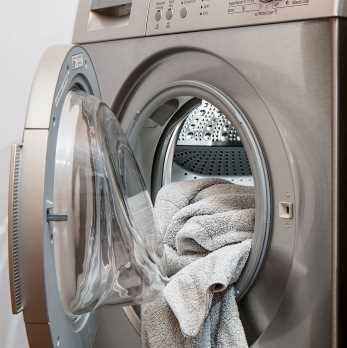Can Medicaid Cover Dental Implants? What You Need to Know
Dental implants are a popular and effective solution for replacing missing teeth, but their high cost can be a significant barrier for many individuals. For those relying on Medicaid for healthcare coverage, the question of whether dental implants are covered is crucial. This article explores the intricacies of Medicaid coverage for dental implants, providing essential information to help you navigate your options and make informed decisions about your oral health.

What dental procedures does Medicaid typically cover?
Medicaid coverage for dental procedures varies widely by state, as each state has the flexibility to determine its own dental benefits for adult Medicaid recipients. Generally, most states provide at least emergency dental services for adults, which may include extractions and treatment for severe pain or infection. Some states offer more comprehensive coverage, including preventive care, restorative procedures, and even limited prosthodontic services. However, it’s important to note that dental implants are often considered an elective procedure and are not typically covered by standard Medicaid plans.
How can you qualify for Medicaid dental benefits?
Qualifying for Medicaid dental benefits depends on various factors, including your income, age, disability status, and the state in which you reside. To be eligible for Medicaid, you must meet certain income thresholds, which are typically based on the Federal Poverty Level (FPL). Some states have expanded Medicaid coverage under the Affordable Care Act, allowing more individuals to qualify. To determine your eligibility, contact your state’s Medicaid office or visit their website for specific guidelines and application procedures.
Are there ways to reduce the cost of dental implants?
While Medicaid may not cover dental implants, there are several strategies to help reduce the cost:
- Dental schools: Many dental schools offer discounted services performed by supervised students.
- Payment plans: Some dental offices provide in-house financing or partner with third-party lenders.
- Dental savings plans: These are not insurance but offer discounts on various dental procedures.
- Charitable organizations: Some non-profits provide free or low-cost dental care to eligible individuals.
- Medical tourism: Traveling to countries with lower healthcare costs can be an option, but requires careful research.
What are alternatives to dental implants for Medicaid recipients?
For Medicaid recipients unable to afford dental implants, several alternatives may be covered or more accessible:
- Partial dentures: Removable appliances that replace multiple missing teeth.
- Full dentures: Complete set of removable teeth for those missing all their natural teeth.
- Dental bridges: Fixed appliances that use adjacent teeth to support artificial teeth.
- Resin-bonded bridges: Less invasive option for replacing front teeth.
- Flipper teeth: Temporary, removable partial dentures often used as a short-term solution.
These alternatives may not offer the same stability and longevity as dental implants, but they can still significantly improve oral function and appearance.
How do you apply for Medicaid dental coverage?
Applying for Medicaid dental coverage involves several steps:
- Determine eligibility: Check your state’s Medicaid website or contact their office to verify income and other requirements.
- Gather necessary documents: Prepare proof of income, residency, and identification.
- Complete the application: Apply online, by phone, or in person at your local Medicaid office.
- Await determination: Processing times vary, but you should receive a decision within 45 days.
- Review coverage details: If approved, carefully examine your dental benefits to understand what’s covered.
Remember that even if dental implants aren’t covered, other essential dental services may be available through your Medicaid plan.
| Dental Service | Provider Type | Cost Estimation |
|---|---|---|
| Basic Cleaning | Community Health Center | $30 - $100 |
| Tooth Extraction | Medicaid-Accepting Dentist | $75 - $300 |
| Dentures (Full Set) | Dental School Clinic | $300 - $1,000 |
| Dental Bridge (3-unit) | Private Practice (sliding scale) | $1,500 - $3,000 |
| Dental Implant | Specialist (not typically covered) | $3,000 - $4,500 per tooth |
While Medicaid coverage for dental implants is limited, understanding your options and available alternatives can help you make the best decision for your oral health. Always consult with your state’s Medicaid office and dental professionals to explore all possible avenues for affordable dental care. Remember that maintaining good oral hygiene and preventive care can help avoid the need for more extensive and costly procedures in the future.
This article is for informational purposes only and should not be considered medical advice. Please consult a qualified healthcare professional for personalized guidance and treatment.
The shared information of this article is up-to-date as of the publishing date. For more up-to-date information, please conduct your own research.
Prices, rates, or cost estimates mentioned in this article are based on the latest available information but may change over time. Independent research is advised before making financial decisions.




